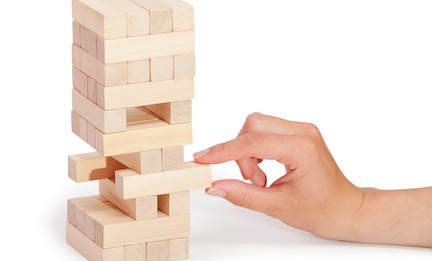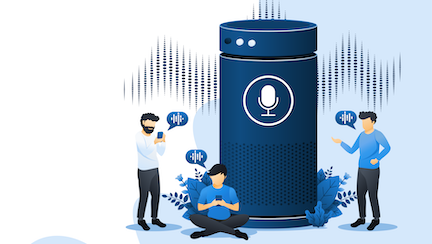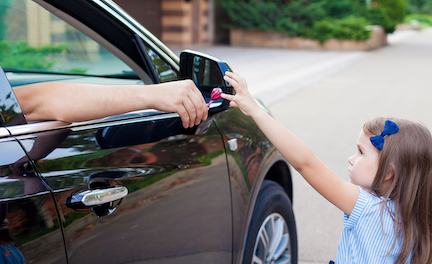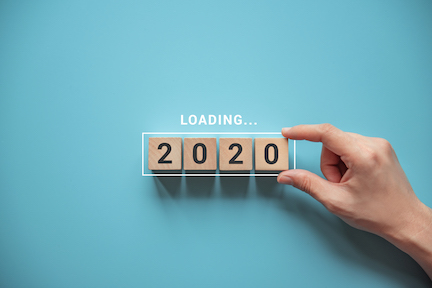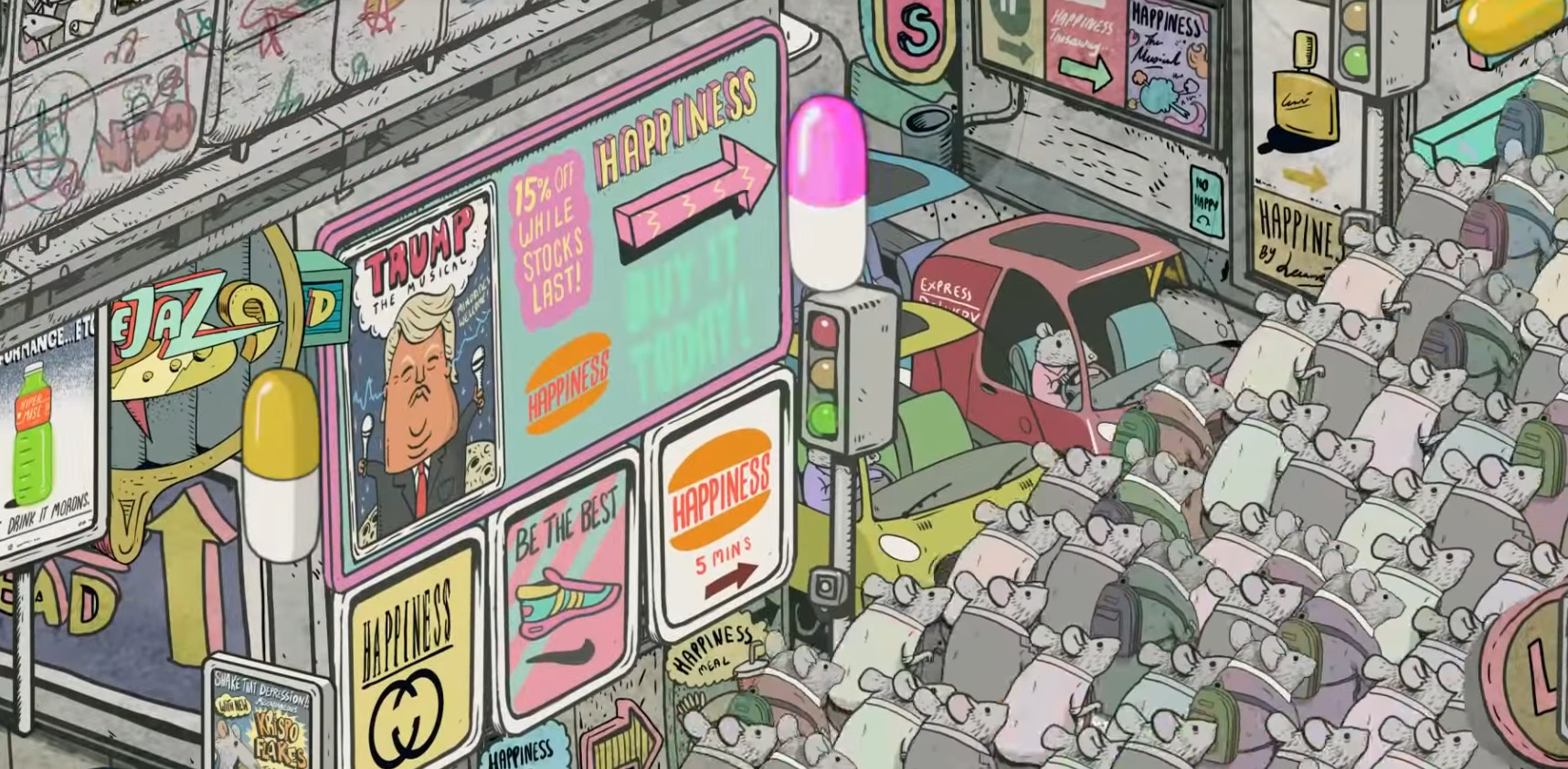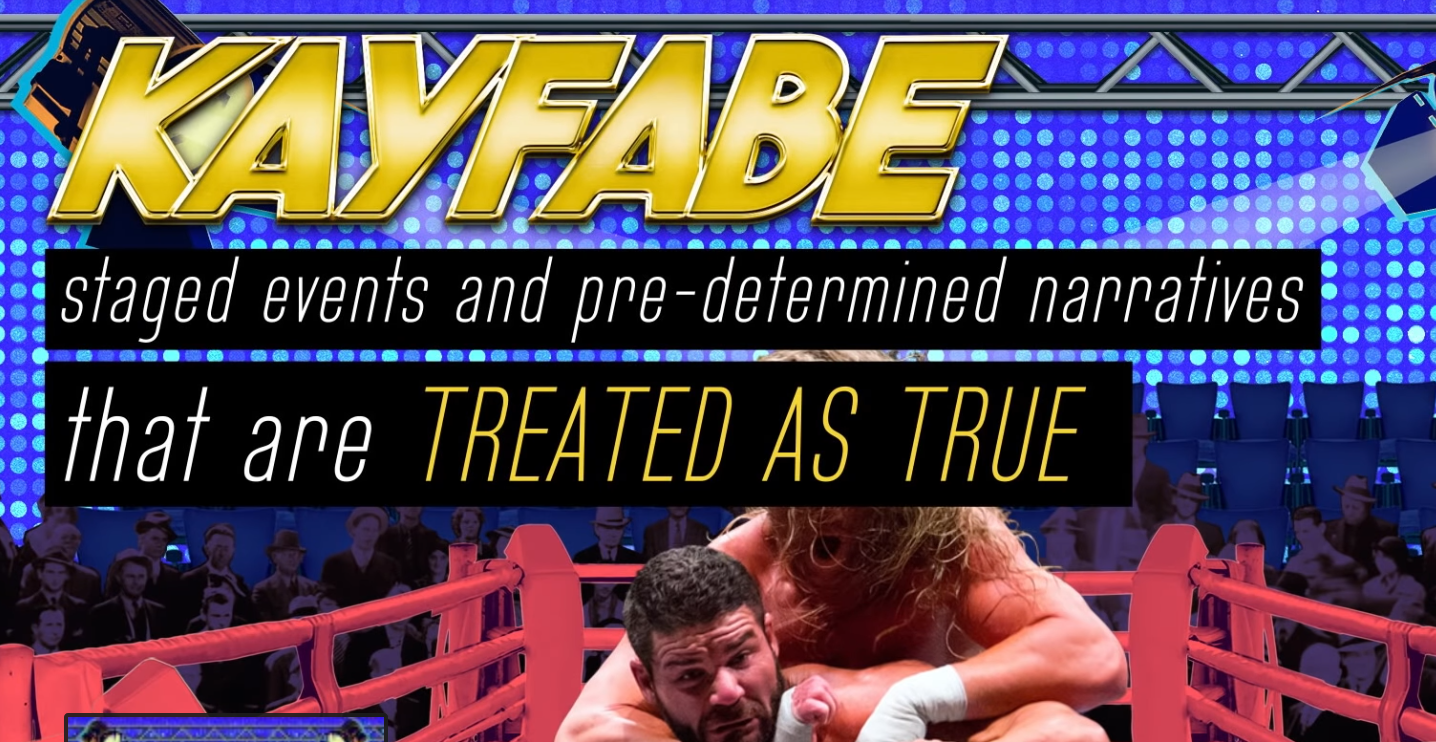
How to be a Zen Type A. Be open to plan B.
We all want some sense of control in our lives.
Ironically, we lose control over our lives the more we use the limited time and resources that we have to try to force more things around us to bend to our will and specific outcome.
Part of us wants to control all outcomes. It’s instinctual.
But in the same way that happiness comes with being content with what you have, freedom and peace come when you can also accept the alternative or negotiated outcomes to a goal. Those who can only see a narrow, expected path to a goal, like a classic Type A, see making adjustments for flexibility as a weakness.
Mindfulness has made me calm in the face of stressful situations.
However, don’t confuse that with being disengaged in solving problems.
Previous employers, clients, colleagues, and girlfriends have continually used one word to describe me, “calm.”
For some, it comes off as a disturbing level of calm. In stressful work situations, some almost seem disappointed that I’m not mirroring the stress, yelling or frustration of some other members of the team. That if I’m not stressed I must not be committed to the set path towards the goal.
It may disturb them. My calmness, that is. I’m totally fine with it.
Hey! Are you committed to achieving this goal or high?
Those who know I practice mindfulness, jokingly see that calmness like a spiritual Cheech and Chong. Like I’m somehow stoned on mindfulness and blissfully unaware. “Far out! Cool man, The client wants 100 hours worth of work in 20 hours.”
I’m not. In fact, I’m usually well aware of the danger or risk at hand. It’s just that my energy is being directed to problem solving and options more than expelled through a furrowed brow, nervous twitching, or vocal complaining.
Though it doesn’t come off. I’m a Type A personality.
Most people miss this part of me. The Type A, everyone normally thinks about is a person who demands granular control over everything.
This difference is: I assert my “granular” control over a smaller and more manageable universe of things I wish to control.
Especially things that will produce benefits for me or my task in the long run. So what some may mistake as letting things slide is me deciding that it’s not important or a distraction to my bigger goals or it’s more strategic to execute on it later.
When looking at what to control, I quickly make a decision to filter based on what’s important to me, or what I accept and don’t accept against my larger happiness principles or business goals.
I then focus my “Type-A-ness” energy on what’s worth controlling.
That, in itself, relieves stress for me as I’m not spreading myself too thin trying to control everything. It’s a lot like why I enjoy minimalism in my life around products and lifestyle. You avoid too many things around you creating too many distractions for my ego and fears to focus on.
When I come up against a goal or problem that I do want to manage, that’s where my energy goes. I’m reflexively seeking multiple options and backup plans for that risk.
Plan Bs. Giving up rigidity in order to keep ultimate control.
What also relaxes my Type A-ness is that I use some of my energy for plan Bs. Thinking what other paths can I take or adjust to get to my goals. Working on and thinking about plan B teaches me to flow with situations and become less tempted to force a specific reality or set outcome as the only path. When you get too locked on one path, it creates the tension, the friction that drives worry. And worry is not what I want.
It’s like that saying in the commencement speech Everyone’s Free to Wear Sunscreen, ”Worrying is like trying to solve an Algebra problem by chewing bubblegum.” You’re spending lots of energy to accomplish nothing.
Mindfulness helps me focus on resolving the problem rather than wasting energy worrying about it. I’m likely more focused than my colleague whose leaking fear indicates they are focused on all the possible negative results of failure.
Of course, I accept (but don’t obsess on) all outcomes beyond plan B, including failure. What I never accept is conceding full control to a certain fate. And while fate may speak up, I refuse to let it have the last word. In any solution or matter I always know I have some choice in the matter. Particularly in my response. It reminds me of Harvey Specter’s question to his protege, Mike, in the TV show Suits:
HARVEY SPECTER: “What are your choices when someone puts a gun to your head?
MIKE: What are you talking about? You do what they say or they shoot you.
HARVEY SPECTER: Wrong. You take the gun, or you pull out a bigger one. Or, you call their bluff. Or, you do any one of a hundred and forty-six other things.”
Specter’s exaggerating a little, but not much. The idea is while your adrenaline is pumping furiously it’s easy to focus on one possible outcome that fate is dealing to you: surrender or death.
Though the options sometimes don’t break through the fog of every nerve and brain cell screaming at you in threatening moments, the reality is that you do have some say in the matter. You must accept fate may interfere in your life, but you don’t except fate’s frame, or especially, all of fate’s terms.
Focus on what you can do to influence the outcome in your favornor control the frame instead of fearing or accepting an outcome.
That is what keeps me calm. I know I have the ultimate control. That there is always another option to get to where I want. My plan B. Mindfulness helps me remember that.



